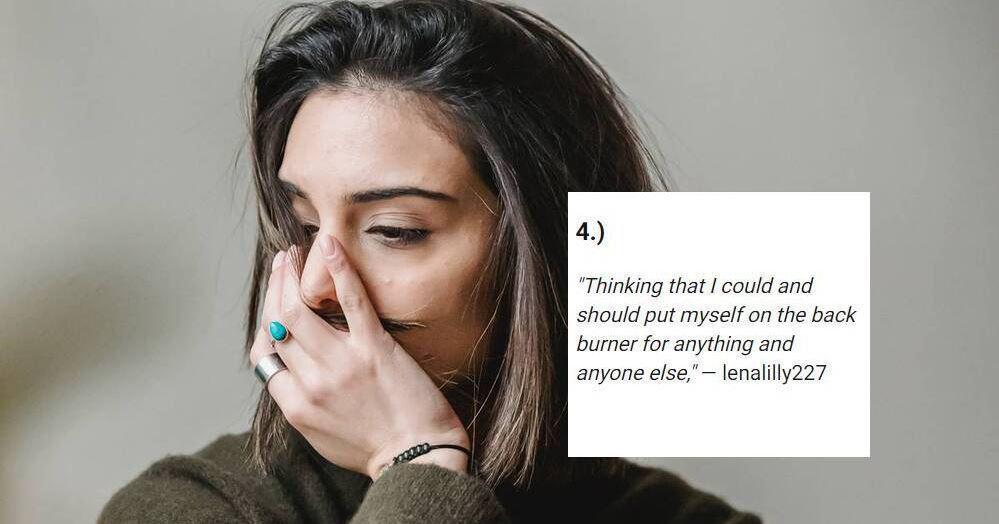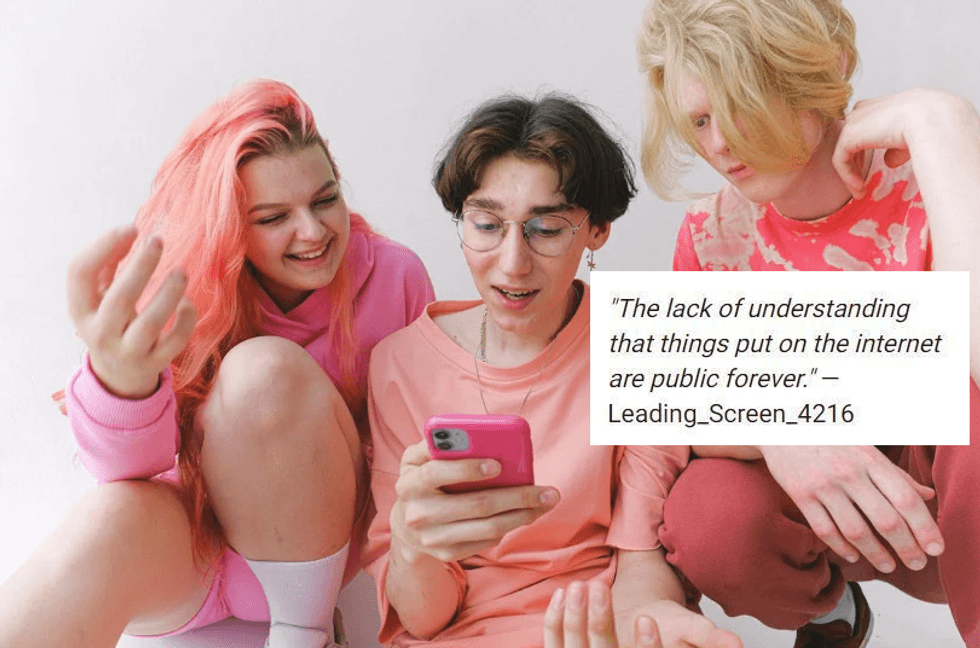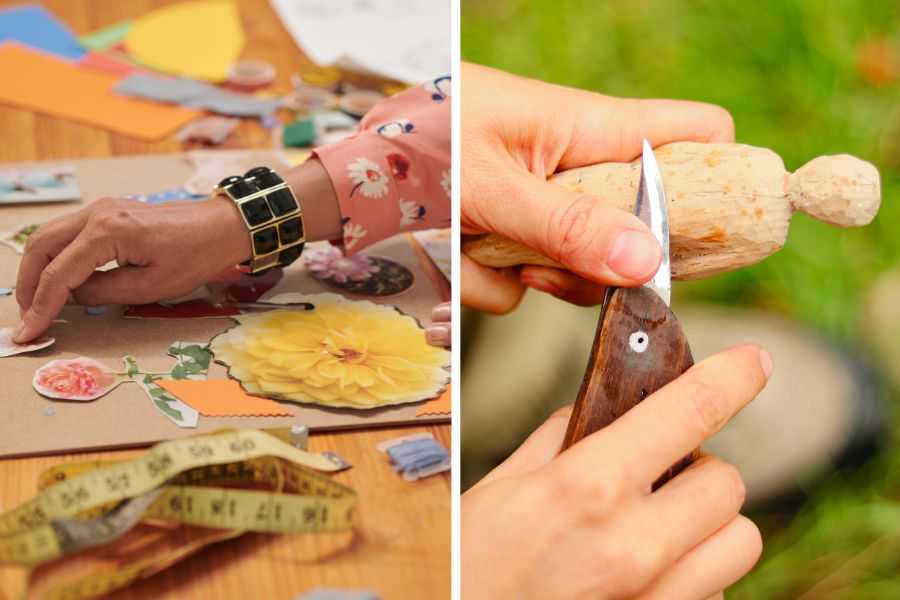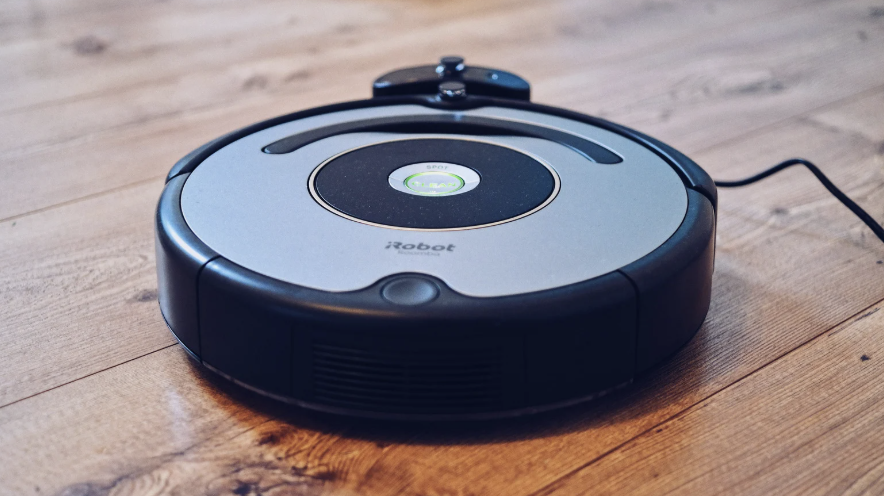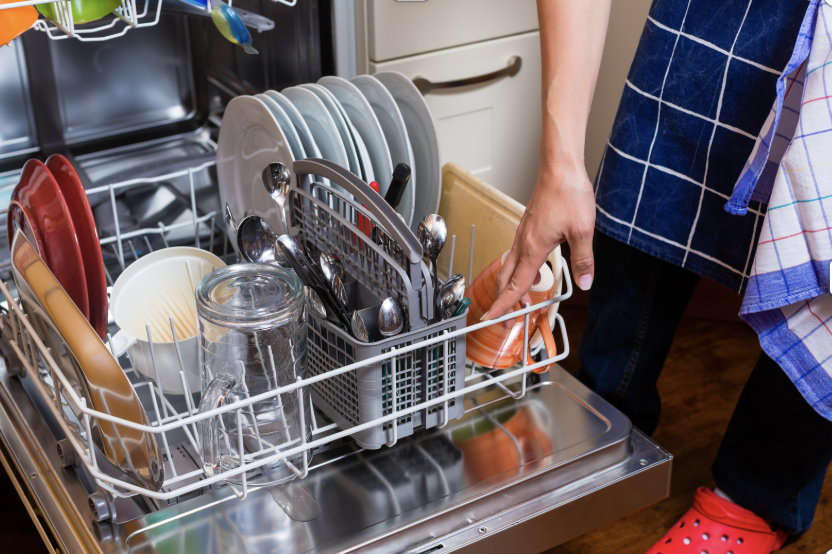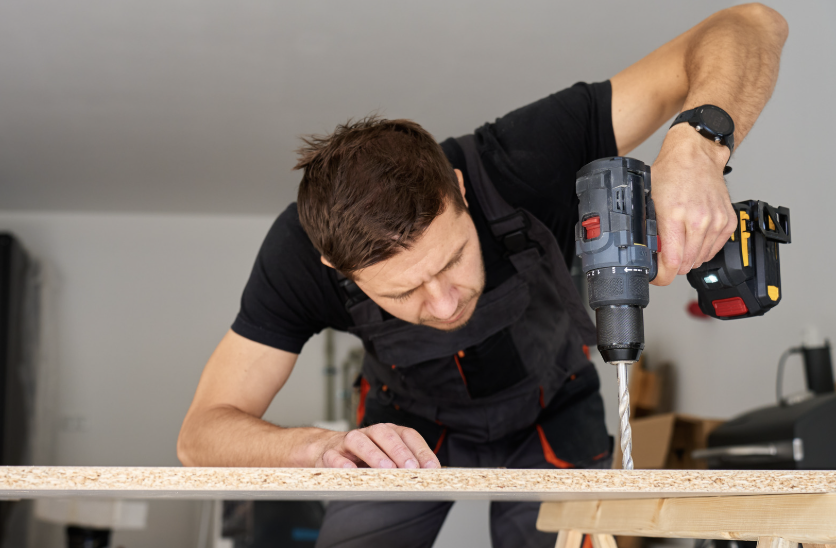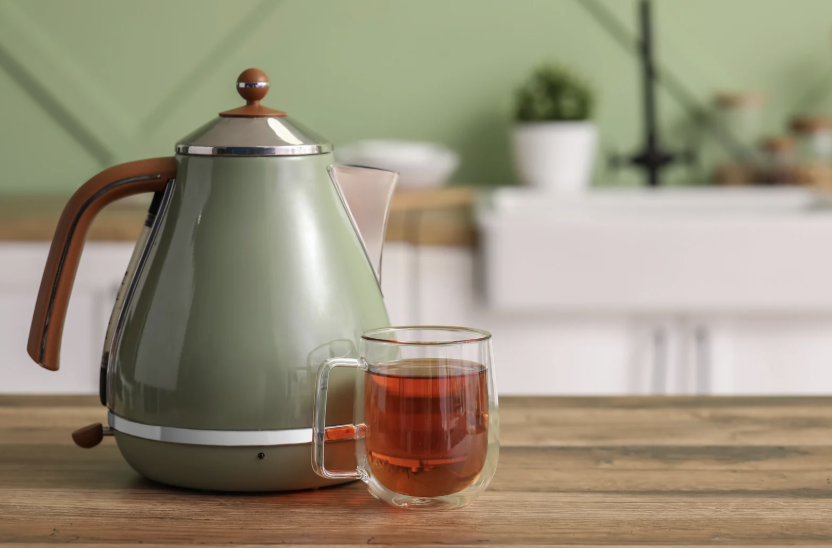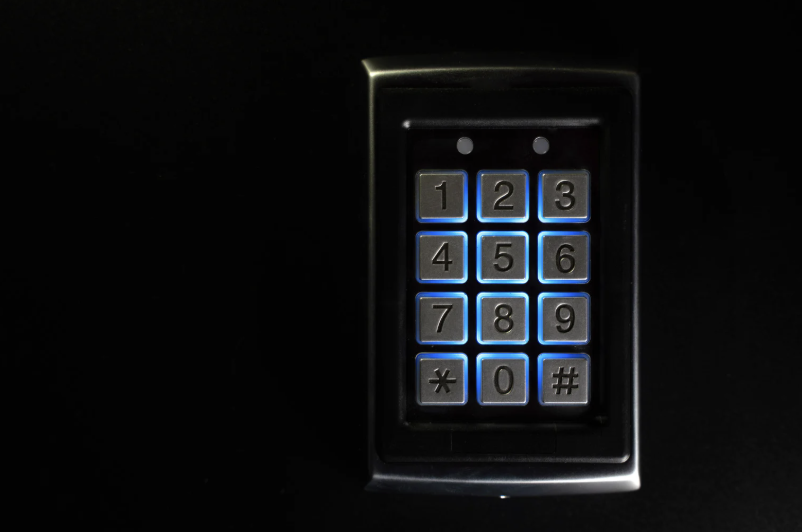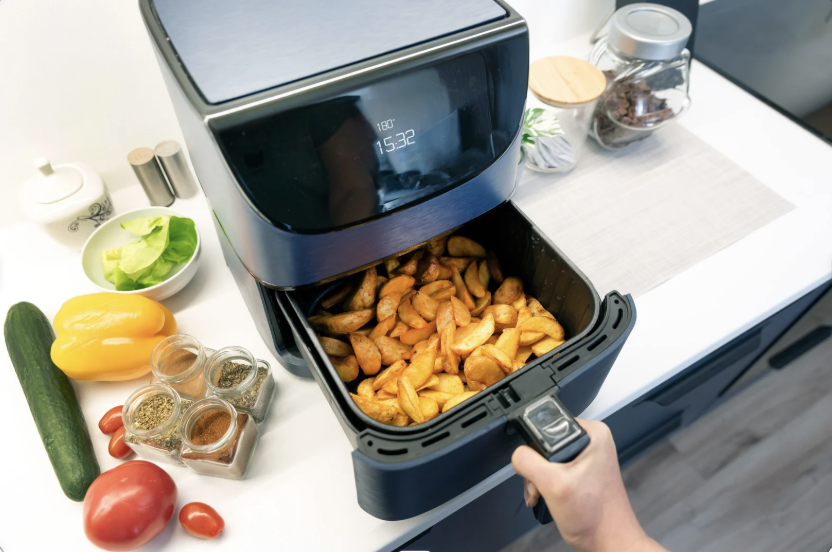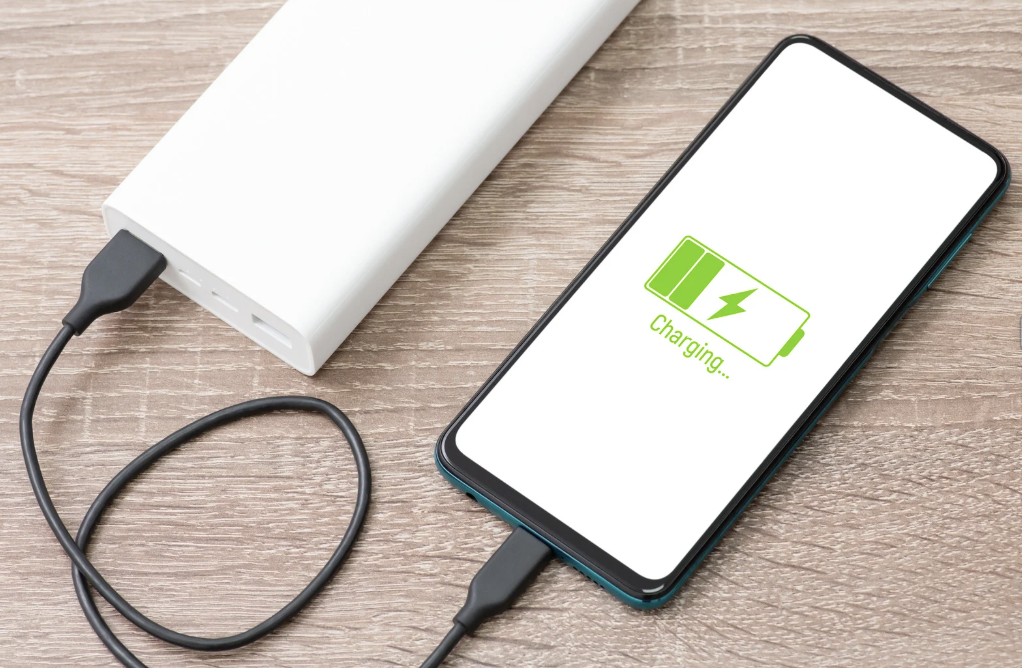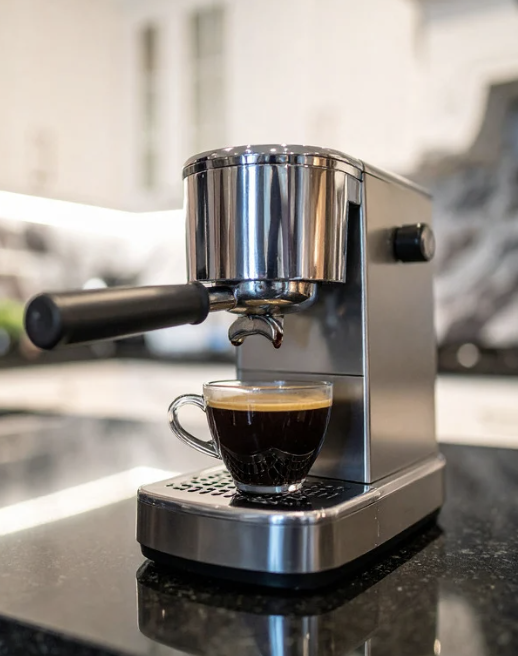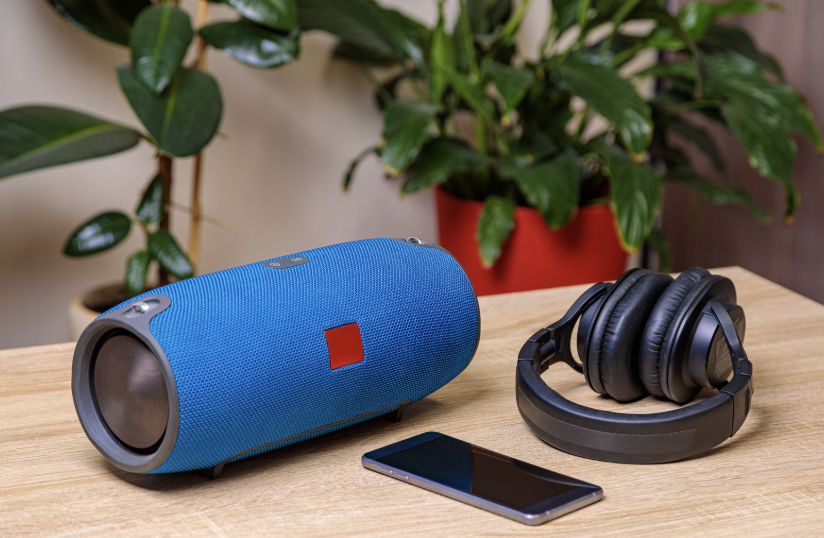It seems like only yesterday a millennial was a college kid that baby boomers chided for being entitled and Gen Xers thought were way too sincere and needed to learn how to take a joke. Today, the oldest millennials, those born around 1980, have hit their 40s and have lived long enough to have some serious regrets.
They also have enough experience to take some pride in decisions that, in hindsight, were the right moves. The good news is that at 40 there is still plenty of time to learn from our successes and failures to set ourselves up for a great second half of life. These lessons are also valuable to the Gen Zers coming up who can avoid the pitfalls of the older generation.
A Reddit user who has since deleted their profile asked millennials nearing 40 “what were your biggest mistakes at this point in life?” and they received more than 2,200 responses. The biggest regrets these millennials have are being flippant about their health and not saving enough money when they were younger.
They also realized that the carefree days of youth are fleeting and impossible to get back. So they should have spent less time working and more time enjoying themselves. Many also lamented that they should have taken their education more seriously in their 20s so they have more opportunities now.
The responses to this thread are bittersweet. It’s tough hearing people come to grips with their regrets but the realizations are also opportunities to grow. Hopefully, some younger people will read this thread and take the advice to heart.
Here are 21 of the most powerful responses to the question: “Millennials of Reddit now nearing your 40s, what were your biggest mistakes at this point in life?”
1.
“Not taking care of my hearing, not even 35 and going deaf.” — Kusanagi8811
2.
“Not getting healthy earlier.” — zombiearchivist
3.
“Staying too long at a job in my 20s, just because it was safe and easy. When I finally got the motivation to leave, ended up with an almost 50% pay boost.” — Hrekires
4.
“Thinking that I could and should put myself on the back burner for anything and anyone else.” — lenalilly227
5.
“Smoking and not dealing with my shit the right way.” — Allenrw3
6.
“Pining after the wrong person.” — runikepisteme
7.
“I turned 40 this year and just started liking who I am. Why the fuck did it take 40 years for self acceptance?” — guscallee
8.
“Take care of your fucking back. Lift with your knees. Sure it’s rad when you grab a fridge by yourself and lift it in the back of a moving truck unaided, but one day that shit is going to have consequences that won’t just magically go away by resting and “taking it easy” for a week.” — GuyTallman
9.
“I wish I spent more time with my dad while I had the chance.” — CharlieChooper
10.
“I’m 37. I absolutely could have taken better care of my body, but I’m in relatively good health. I’m starting to realize how important it is to maintain my health. I do also think I drank far too much in my 20 and early 30’s. I’m trying to rectify that now, but it’s hard. So that I guess.” — dartastic
11.
“I’m not sure if people have experienced the same but when I entered my 30s I became convinced I was rapidly running out of time. Rather than using that as motivation I let it paralyze me with indecision because I “couldn’t afford to make the wrong choice.” Consequently, I’m now 39 and, though I’ve had great things happen in my 30s, I regret spending so much time worrying and so little time committing to a course of action.” — tomwaste
12.
“Work to live, don’t live to work. You have half your working life after you turn 40 but only 20-25 years to really live it up before the responsibilities become heavy and your joints start to ache. Live life. Really LIVE it. Experience as much you can. Every sensation, sight, sound, touch. Be open. Be brave. Live your first few decades in the fast lane. You have the rest of your life to take it easy, when you have no choice.” — MrDundee666
13.
“I should have paid more attention to my parents telling me to save money and less attention when they were teaching me about purity culture.” — Arkie_MTB
14.
“If I could tell my 18 year old self one thing, it would be to save 10% of every paycheck I ever got.” — PutAForkInHim
15.
“Thinking that I have time to do everything I want only to find myself loosing time, and the endless energy I used to have in order to purse them.” — ezZiioFTW
16.
“Not wearing sunscreen.” — blueboxreddress
17.
“Not recognizing the importance of work/life balance earlier in life. My late teens, all 20’s, and early 30’s were spent pulling 60-100+hr weeks because I thought it was what was required to succeed. How wrong I was. Others stabbed me in the back and reaped the reward.
1.) Putting work first for too long. Work is my #1 priority during work hours now. After quitting time, I don’t think about it (much) anymore. I don’t vent to my wife or friends about it anymore either.
2.) Investing more into fast cars than solid long-term investments. Sure, it was fun, but I could have made bookoos more had I put that towards less-fun investments.
3.) Not using PTO and just waiting for the payout. All those years, missed. I’m in my mid 30’s and I didn’t actually have a real vacation until 3 years ago.
4.) Not realizing that “the good guy” often loses. Just because you’re morally justified doesn’t mean you’re going to win. Just because there’s a number to call doesn’t mean anyone will actually help you. Just because “law” exists, doesn’t mean people follow it, enforce it, or create justice. The world is dog eat dog and cynicism can be healthy in moderate doses.” — [Deleted]
18.
“When you get out of college, keep your friends. No matter how hard it is. Hold on to them.” — mpssss22
19.
“I imagine these are kinda universal:
- Not getting fit and healthy
- Assuming I’d be offered proper guidance on how to achieve my goals
- Assuming higher education would help me achieve my goals
- Spending far too long caring what people think
- Not taking risks that might better my life when I was younger and had nothing to lose
- Staying in relationships too long after they were clearly done.” — katapultperson
20.
“Always ask for more pay. Starting, yearly, before leaving, whatever. Get that money.” — SensibleReply
21.
“Spending too much time in front of a screen and not enough enjoying life.” — BellaPadella
This article originally appeared two years ago.


